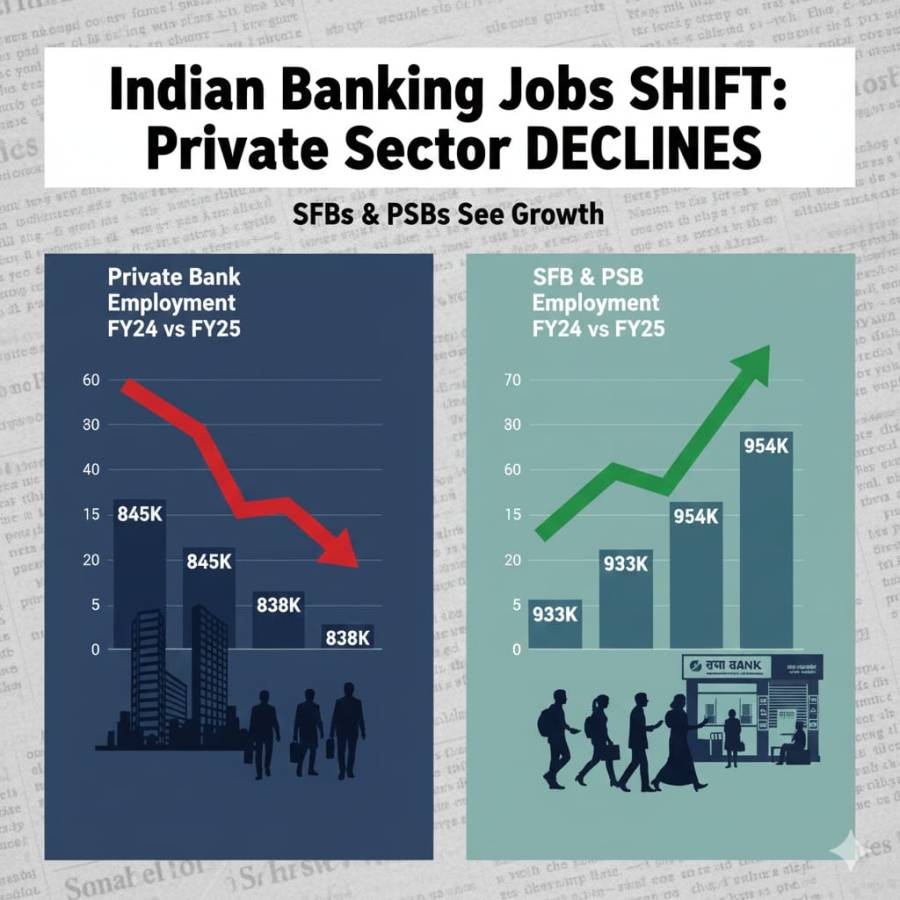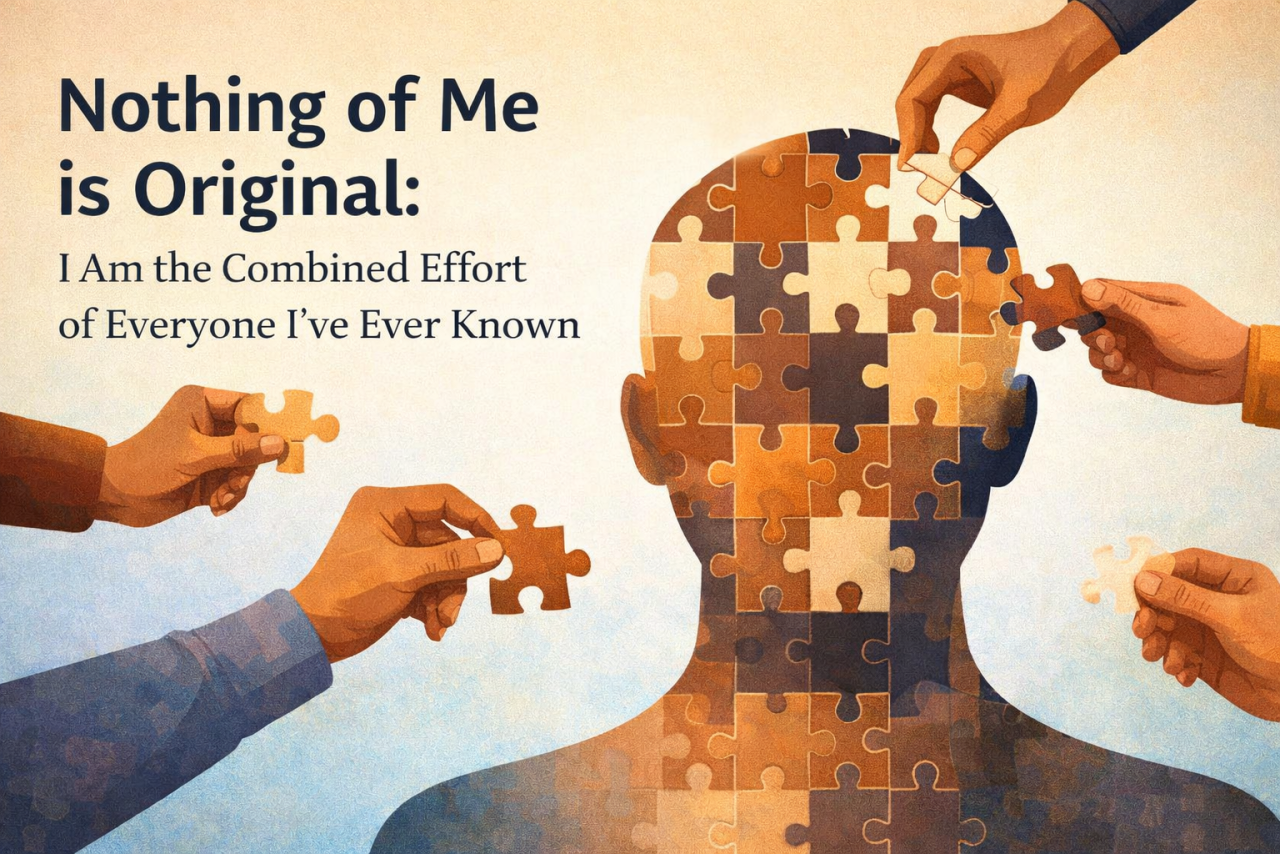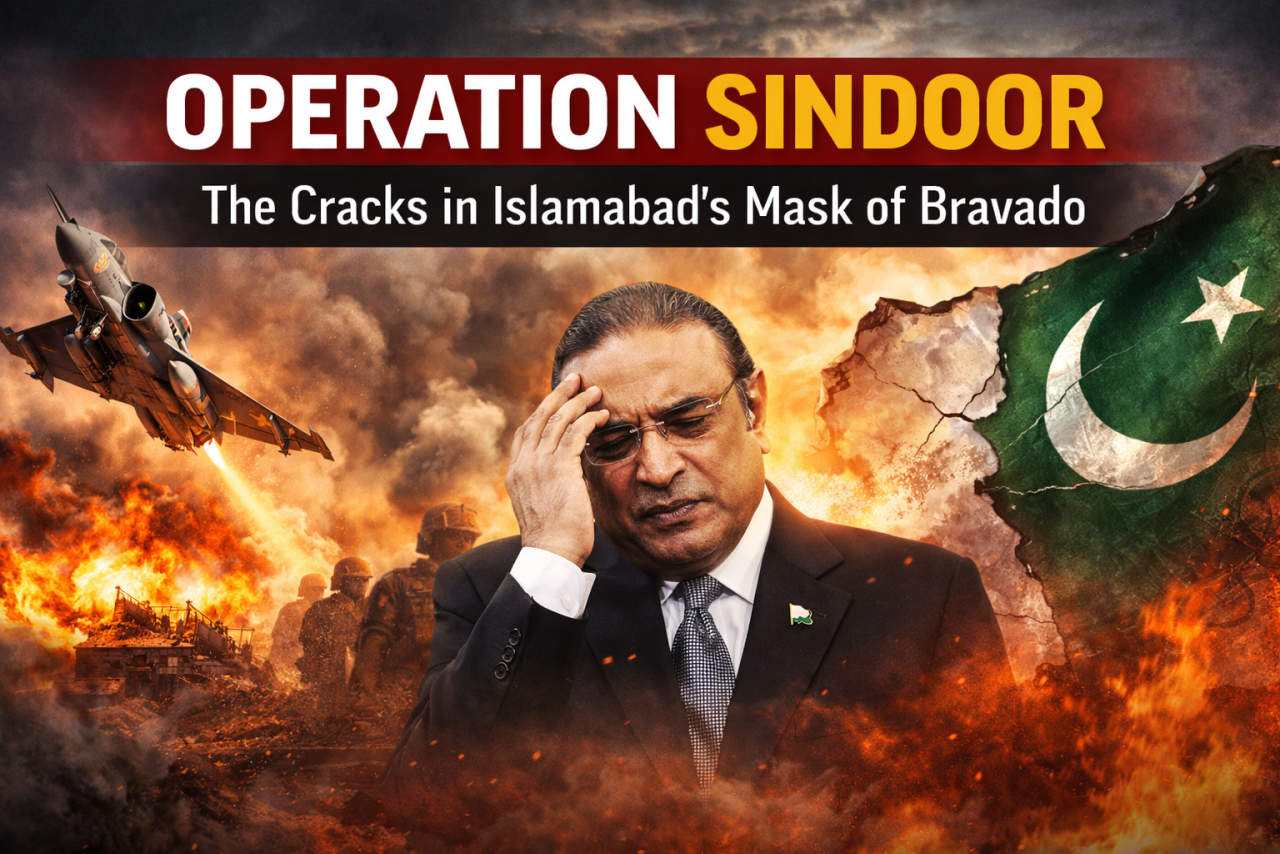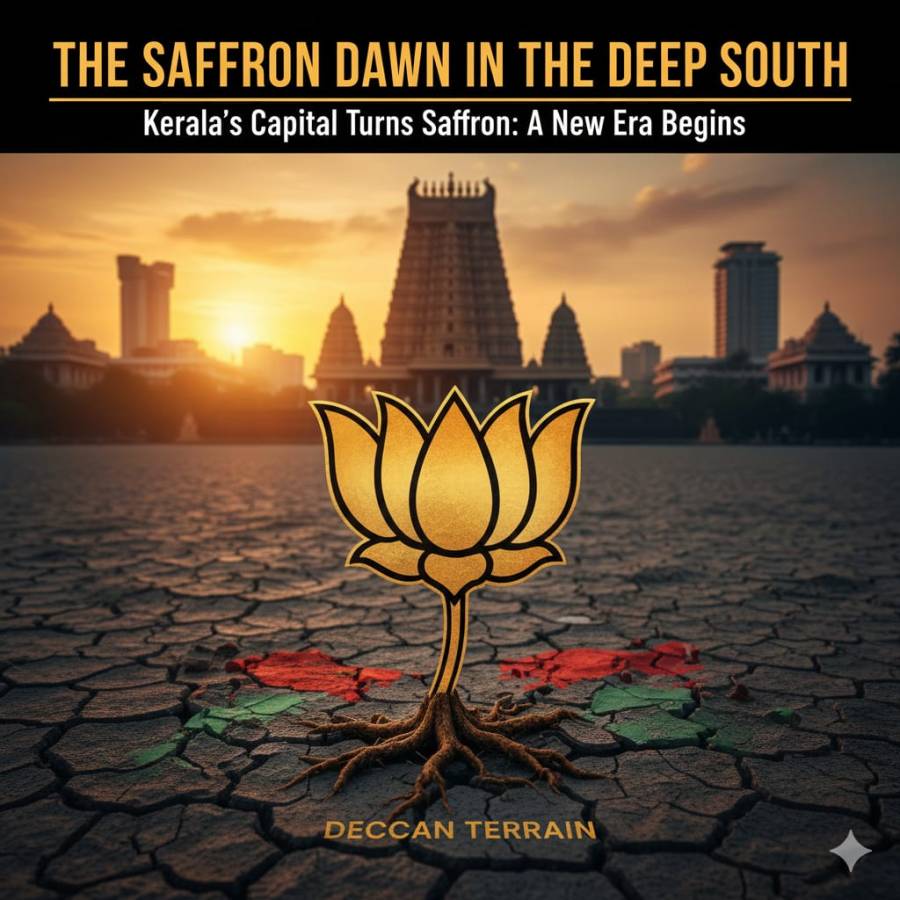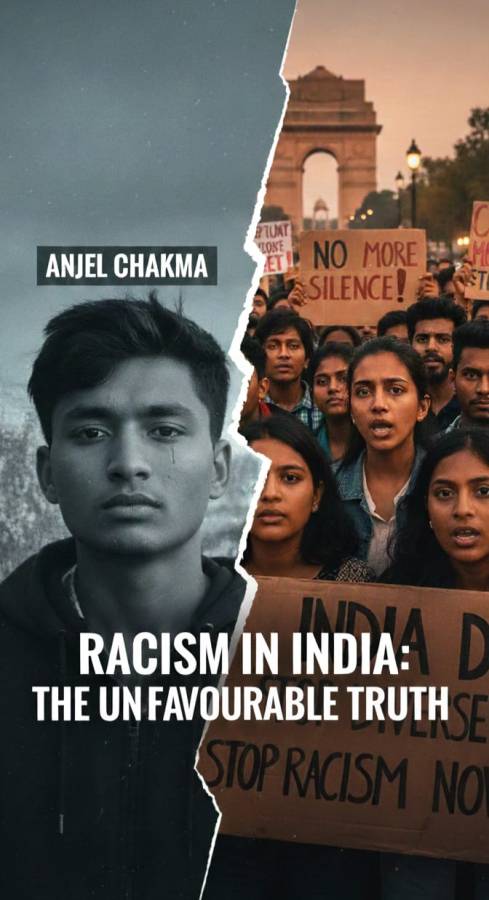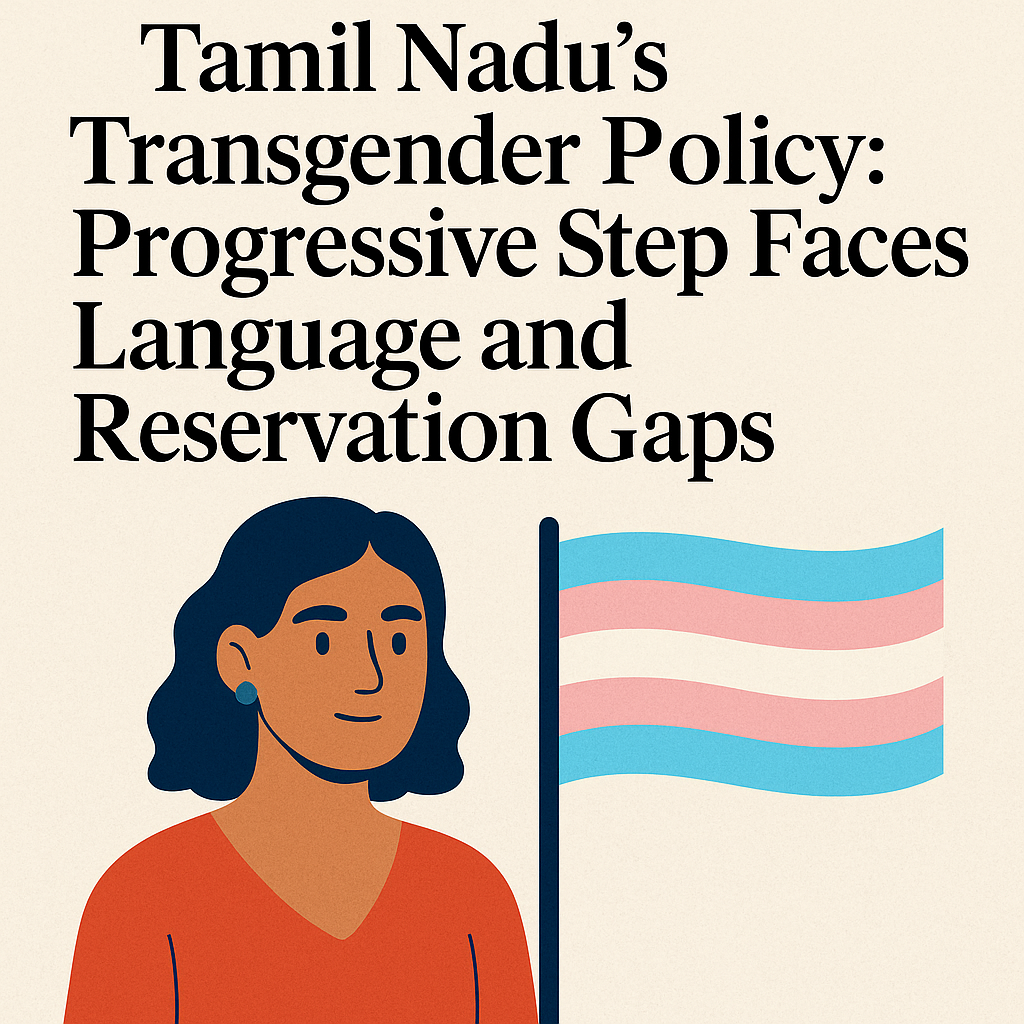
The government of Tamil Nadu has recently announced a State Policy for Transgender Persons. This policy is seen as an important step towards recognising the rights and dignity of transgender and intersex persons. It aims to promote social and economic inclusion, protect against discrimination, and respect self-identification without requiring medical or surgical intervention.
The policy covers many areas. In education, it requires non-discrimination, equal opportunities, and grievance redressal mechanisms. In employment, it encourages hiring without bias, fair pay, and opportunities for career growth. In health care, it seeks to provide gender-affirming procedures, mental health services, and inclusive care for all. It also focuses on housing, legal aid, and political participation. The Transgender Welfare Board is responsible for ensuring that these provisions are implemented.
Importantly, the policy takes an intersectional approach. It recognises that caste, disability, and other factors can increase marginalisation. It calls for periodic review and monitoring. However, there are certain challenges that remain.
One concern is the use of language. The policy uses the Tamil word thirunangai for transgender persons, but this term refers mainly to trans women. A more inclusive term is thirunambi, which includes trans men and non-binary persons. If language is not inclusive, some groups may feel left out.
Another issue is the reservation system. While the Supreme Court in the NALSA judgment recognised transgender persons as socially and educationally disadvantaged, the Tamil Nadu policy places them under the Most Backward Classes category. This merges them into a single category instead of recognising their unique needs. Petitions have been filed to demand horizontal reservation that cuts across caste lines, similar to women and persons with disabilities.
A related point comes from the broader discussion on gender and disability. Women with disabilities often face multiple barriers in education, work, and public life. The same is true for transgender persons with disabilities. Lack of accessible infrastructure, limited representation, and social stigma make their lives harder. They may face harassment, discrimination, and exclusion from spaces meant for all citizens.
For inclusion to be real, policies must address these intersections. A transgender woman with a disability, for example, may have very different needs from a trans man without a disability. Without recognising these differences, the benefits of the policy may not reach everyone.
Finally, Tamil Nadu’s transgender policy is a strong and progressive step. It shows the government’s intent to support the rights of transgender persons. However, to make it fully effective, the policy needs more inclusive language, fair reservation systems, and a clear focus on the needs of those who face multiple forms of disadvantage. Only then, it can ensure equality, dignity, and opportunity for all.




